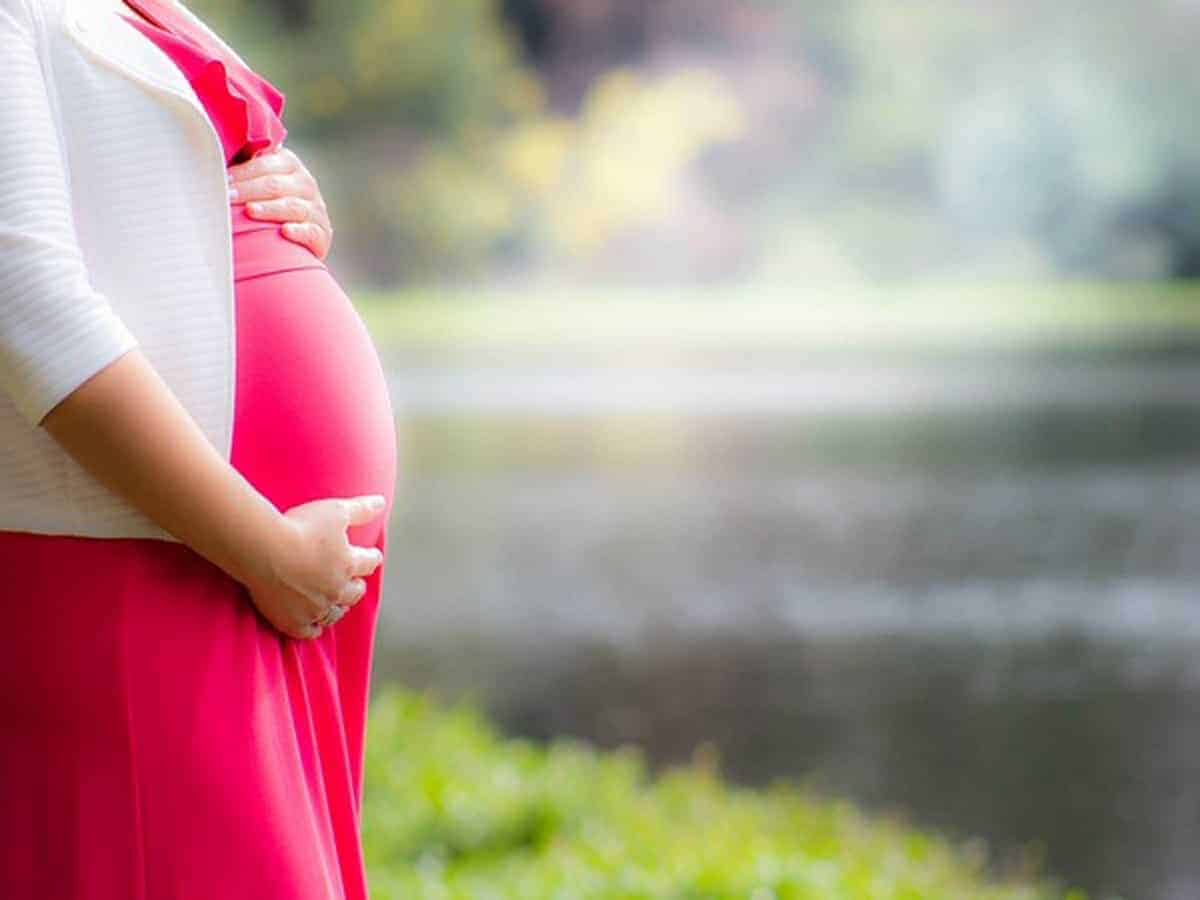New York: Researchers have found that pregnant women with depression are more than three times more likely to use cannabis than those without depression.
For the findings, published in the journal Drug and Alcohol Dependence, the research team investigated whether the relationship between depression and cannabis use differed by age, other sociodemographic characteristics, and perception of risk associated with cannabis use.
“We found the prevalence of cannabis use was much higher among those with depression who perceived no risk (24 per cent) relative to those who perceived moderate-great risk associated with use (5.5 per cent),” said study researcher Renee Goodwin from Columbia University in the US.
According to the researchers, data were drawn from the 2005-2018 National Survey on Drug Use and Health (NSDUH), an annual survey of persons ages 12 and older in the US.
Pregnant women were categorised as a current cannabis user if they responded they has used marijuana at least once during the past 30 days.
Among pregnant women without depression, those who perceived no risk had higher levels of use (16.5 per cent) compared with those who perceived moderate-great risk (0.9 per cent), though both these levels were substantially lower than among women with depression.
Depression appears to increase vulnerability to cannabis use even among pregnant women who perceive substantial risk, the researchers said.
“Perception of greater risk associated with regular use seems to be a barrier to cannabis use, though pregnant women with depression who perceived moderate-great risk associated with regular cannabis use were more than six times as likely to use cannabis than those without depression,” Goodwin said.
This suggests that depression may lead to use even among those who perceive high risk,” Goodwin noted.
Cannabis use was significantly more common among pregnant women with, compared to without, depression. Over one in ten (13 per cent) pregnant women with a major depressive episode reported past-month cannabis use compared with four per cent without depression who reported using cannabis.
This was the case across all sociodemographic subgroups, the study said.
According to the researchers, approximately one in four pregnant teens with depression used cannabis in the past month.
“As brain development is ongoing until age 25, cannabis use in this group may increase risks for both mother and offspring, our results provide recent nationally representative estimates suggesting that education and intervention efforts should be targeted at pregnant teens,” Goodwin said.

